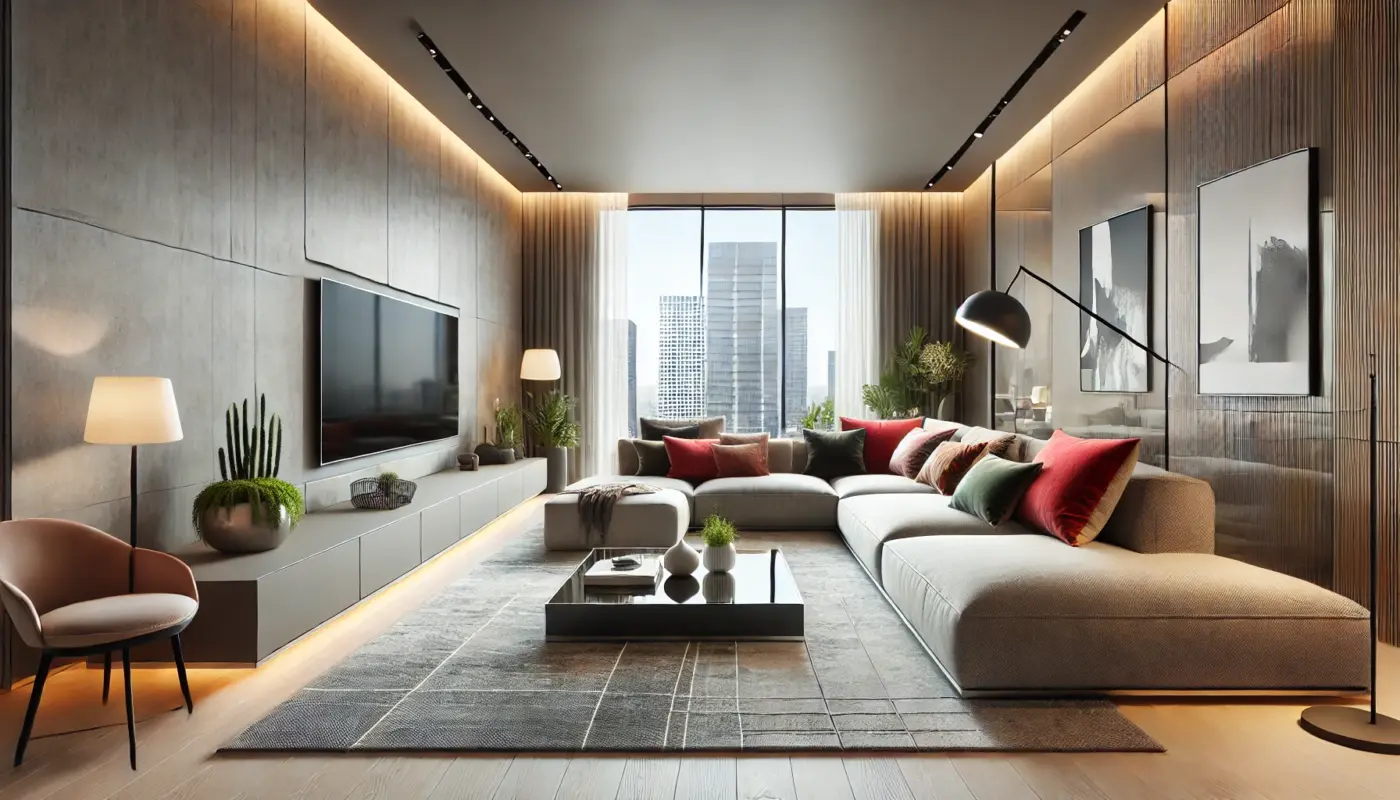Modern furniture is designed to create a stylish, clutter-free environment that emphasizes simplicity, functionality, and elegance. It is characterized by clean lines, geometric shapes, and a focus on practicality, making it an ideal choice for both homes and commercial spaces. With its minimalist aesthetic, modern furniture eliminates unnecessary embellishments, allowing the beauty of high-quality materials like wood, metal, glass, and leather to shine through.
In homes, modern furniture enhances living spaces by promoting a sense of openness and order, perfect for creating a calm and inviting atmosphere. Its sleek and versatile design can be tailored to suit various interior styles, from cozy apartments to spacious family homes.
For commercial spaces, modern furniture not only adds a professional and polished look but also supports functionality and efficiency. Its ergonomic designs and durable materials make it a popular choice for offices, restaurants, hotels, and retail environments, ensuring both style and practicality in everyday use.
Modern furniture reflects the evolving needs of contemporary living, combining timeless design with cutting-edge innovation to create spaces that are both beautiful and highly functional.
Modern Design
Furniture with modern design embodies a minimalist and contemporary aesthetic, ideal for creating simple yet stylish spaces. This design approach emphasizes clean lines, functionality, and an uncluttered look, making it a perfect choice for modern lifestyles. Several significant eras have shaped modern design, each contributing unique characteristics that define this timeless style:
Arts and Crafts (1860–1910)
This era highlighted the beauty of handcrafted work, blending simplicity with elegance. It focused on showcasing craftsmanship through clean designs, high-quality materials, and practical functionality, offering a balance of artistry and purpose.
Bauhaus (1919–1933)
The Bauhaus movement revolutionized design by prioritizing function over form. It introduced clean lines, geometric shapes, and a focus on materials such as wood, metal, and glass. Bauhaus furniture embodies efficiency and simplicity, aligning with the “less is more” philosophy.
Mid-Century Modern (1945–1969)
Mid-Century Modern is defined by its emphasis on simple forms, organic shapes, and the use of natural materials like wood and leather. This era introduced a focus on functionality, comfort, and seamless integration into modern homes, resulting in timeless, iconic designs.
Contemporary (1980s to Present)
Contemporary design is ever-evolving, adapting to new technologies and aesthetic trends. It features sleek, uncluttered forms, neutral color palettes, and an emphasis on comfort and versatility. Contemporary furniture is designed to complement a wide range of spaces with its modern yet timeless appeal.
Industrial Modern (1920s to Present)
Industrial Modern design emphasizes raw, unfinished materials such as exposed metal, reclaimed wood, and concrete. Paired with neutral tones and rugged textures, this style creates a bold, urban look that feels both modern and authentic.
Daabadi Furniture’s modern collection seamlessly combines simplicity and elegance with high-quality materials. Designed with attention to detail, our modern furniture enhances spaces with its clean lines, functional designs, and timeless beauty, creating an atmosphere that is both sophisticated and inviting.

